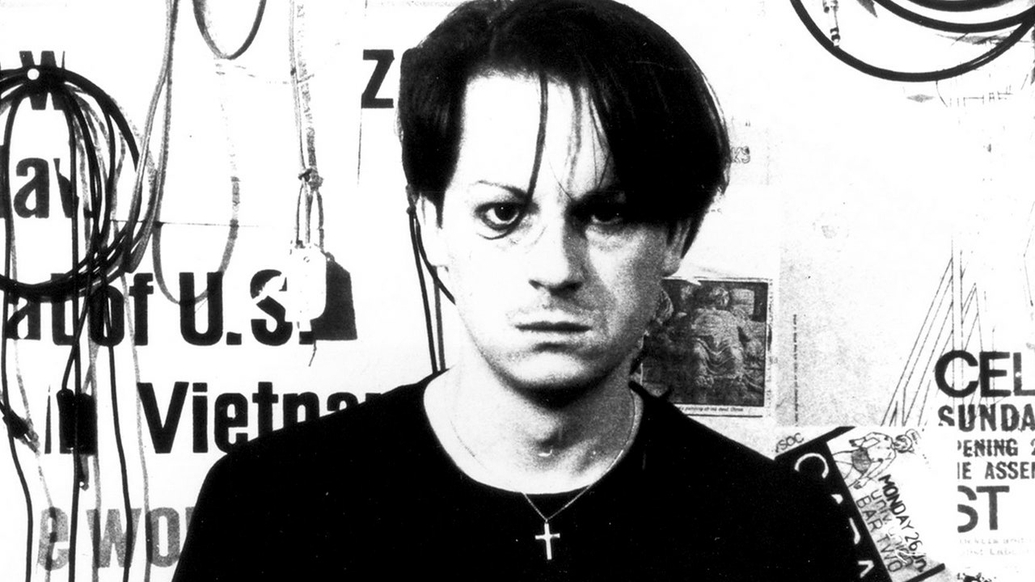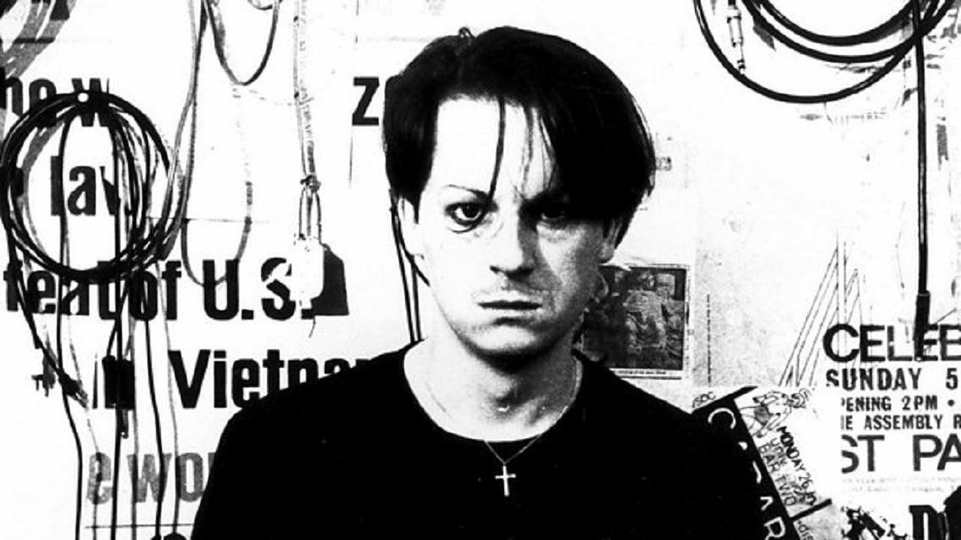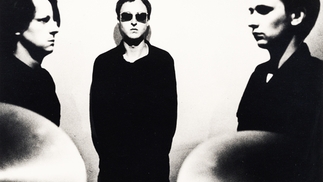
Richard H. Kirk remembered: a DIY genius of British electronic music
From his pioneering industrial work with Cabaret Voltaire to his adventures in house, electro, post-punk, dub and techno, Kirk, whose death was announced this week, was a perpetually-evolving giant of UK music
Richard H. Kirk was a giant of UK music whose influence spans decades and genres. The pioneering electronic artist, whose death aged 65 was announced yesterday through his label Mute, made everything from post-punk to acid house, techno and electronic dub, often before anyone else. His first musical endeavour, Cabaret Voltaire, formed with Stephen Mallinder and Chris Watson in Sheffield in 1973, helped to define industrial music, fusing tape loops, samples and electronics with live instruments and a confrontational attitude. Truly DIY, they made music without any training – a precursor to punk and, later, dance music producers.
“When we started we were massively influenced by [Brian] Eno’s ideas that you didn’t have to be a musician to make a sound,” Kirk told Neil Kulkarni for DJ Mag in 2013. “We didn’t even have a proper synth when we started, just things Chris made from electronics magazines and spare parts.”
The band helped put Sheffield on the map as an electronic music hub, inspiring everyone from the Human League to Warp Records, while their early single ‘Nag Nag Nag’ became a cult hit and begat the early the 2000s electroclash club-night of the same name. While their albums were cut-and-paste, sampladelic affairs, with snippets of speech and found sounds, tracks like 1984’s ‘Sensoria’ mixed dubbed-out New York disco with spiky guitars, anticipating the baggy sound of Manchester’s Happy Mondays, while ‘Crackdown’ was another early electronic dancefloor favourite.
While his first solo release was in 1980, it was Kirk’s shift to house and techno that would define his own sound for many DJs and electronic music fans. If 1986’s ‘Hipnotic’ was a tantalising blend of house and electro, and Cabaret Voltaire’s ‘Groovy, Laidback And Nasty’, made with Marshall Jefferson, was an authentic deep house LP (later disavowed by Kirk as “watered down”), it was 1990’s astonishingly weird club hit ‘Clonk’ on Warp that would cement his legend. Made under the name Sweet Exorcist alongside DJ Parrot (Richard Barratt), this sparse and skeletal house track, with its abstract metallic blips, human sighs and waves of ribcage rumbling sub bass, sounded truly alien, and would come to define the bleep ’n’ bass dance sound of Sheffield, Leeds and beyond, later proving immensely influential on UK genres like hardcore, jungle and dubstep.
As well as other Sweet Exorcist classics like ‘Testone’, with its eerie Close Encounters Of The Third Kind bleeps, Kirk went on to record a huge number of singles, EPs and albums under countless pseudonyms, from the ambient experiments of Electronic Eye to the breakbeat acid of Wicky Wacky to the electro of Trafficante, often on his own labels Intone and Alphaphone. Kirk also released several well-regarded and eclectic albums through Warp, ’94’s ‘Virtual State’ and ’95’s ‘The Number Of Magic’, though it was his Sandoz moniker that proved the most radical departure. Driven by rolling reggae basslines and mystic synth work, it indulged his deep love of dub, and cropped up everywhere from Soul Jazz Records to Mute and Touch.
“Sandoz was my take on actually travelling to the places that had been making this music I’d listened to all my life,” Kirk told Kulkarni. “I’ve listened to Jamaican music since I was 14, but I only got to go to Jamaica in the ’90s and for the first time I was travelling not for work, but for my own pleasure. Being exposed to just how much music is part of the bloodstream in Jamaica reminded me of being at shebeens and seeing these guys set up these speakers made out of wardrobes! Just a dedication and fascination with sound and volume. I also got way more into dancehall, the way those beats are made, and then I came back to Sheffield and made the Sandoz albums.”
Kirk remained highly prolific throughout his career, reviving the Cabaret Voltaire monicker in 2014 with a string of live performances, including one at Berlin Atonal, and one at Dekmantel in 2016. In November 2020, Cabaret Voltaire released their first new album in almost three decades, ‘Shadow of Fear’, with Kirk as sole member. This was followed in 2021 by three releases: ‘Shadow Of Funk, ‘Dekadrone’ and ‘BN9Drone’
Tributes have been paid to Kirk by many in electronic music following the sad news of his passing.
Chris Smith, boss of Sheffield label CPU, lamented Kirk’s death on Twitter. “RIP Richard H Kirk,” Smith tweeted. “The most influential musician for me. I got to chat with him over the last few years which was a dream come true. He will be sadly missed.”
JD Twitch of Optimo tweeted: “Heartbroken to hear about Richard H Kirk. He was a towering presence for nearly all my musical life & innovative right to the last. Sensoria was my 1st Cabaret Voltaire purchase; I’ll never, ever tire of it (it’s still 1 of the best videos ever made).”
Nik Colk Void of Factory Floor said: “I am so sad to hear Richard H Kirk has left us! A legend of endless electronic personalities within one soul, inventive and free. We will miss you! RIP Richard.”
Stephen Mallinder, Kirk's long-term partner in Cabaret Voltaire, added: “I’m shattered. My Cabs music partner, and often sparring partner, difficult to live with but impossible not to love. Stubborn, no sufferer of fools, but insightful, spontaneous, and with vision... and underneath the spiky shell a warm heart. I’m truly devastated. RIP Kirky.”
“The way forward is to keep trying new things,” Kirk once told FACT Magazine — and he never stopped right up until he died. One of the true greats of UK music, his passing is a huge loss.


